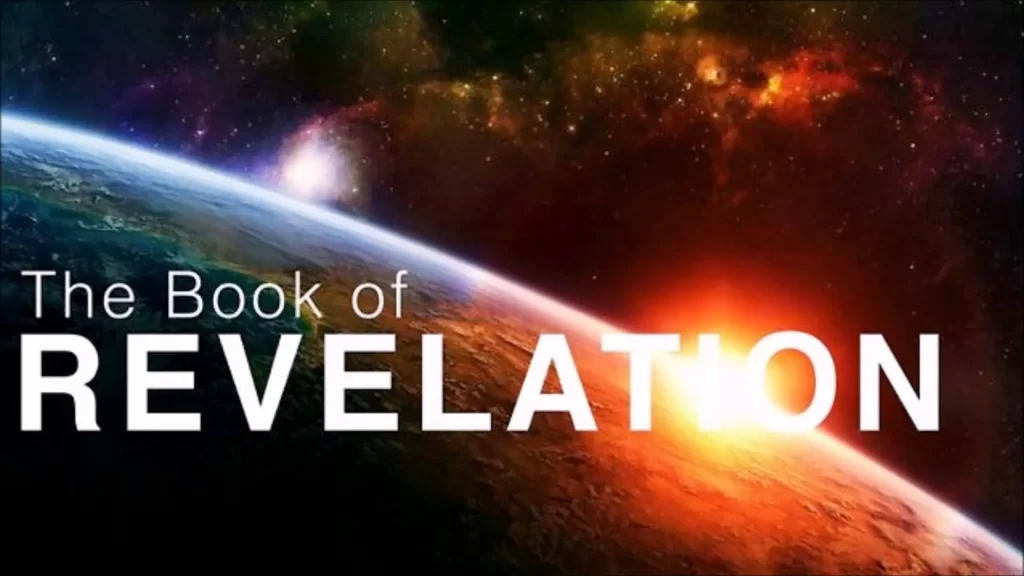Tuesday-week we will begin our study of the book of Revelation. The final book of our Bibles is by far the most misunderstood, misquoted, and generally abused or ignored book of the Scriptures. As we work through our study of Revelation, we will place the book within its literary and historical context and also envision how this extraordinary book speaks to us in the church today. At its core, Revelation is not about the anti-Christ of Medieval or Hollywood fiction, but the living Christ who speaks to us presently. It’s not about a rapturous world-to-come, but about how to be faithful disciples of Christ in this world at this time. The hero of the story is not a Chuck Norris Jesus who will destroy our secular enemies, but is the suffering servant Jesus, who is that lamb that was slain and by whose blood we will conquer the spiritual hosts of wickedness in the heavenly places.
Before we begin our study, please take the opportunity to read through the entire text. Like the epistles that come before Revelation, the text is addressed to churches about the churches. The book is addressed to us in the church. You are the intended audience.
Although Revelation has a beginning and an end, its progression is not so much linear, but spiral. Like a symphony, Revelation will keep circling back to the same themes and retelling the same story in a slightly different way. Revelation is a series of connective circles that move the story forward. It is more in the nature of poetry than prose. It is not literal because the book seeks to tell us a truth that is deeper than the literal. Revelation is not so much intended to impart information to us, but to invite us to experience that which John himself experienced. We are invited to a place where language is an inadequate guide and the deeper symbolism of colors, numbers, and animals abounds. Signs, seals, and sounds are ever-present. It is mystical and mythical. It is a journey into a different world that is being Revealed.
I have attached the excerpt from Luke Timothy Johnson’s book The Writings of the New Testament. His chapter on Revelation provides a good introduction to the book – its authorship, themes, and general outline.
I hope that you will be able to join us on our journey into St. John the Divine’s vision and partake of the most extraordinary book in all of the Scriptures.
Now have come the salvation and the power
Revelation 12:10-11
and the kingdom of our God,
and the authority of his Messiah.
For the accuser of our brothers and sisters,
who accuses them before our God day and night,
has been hurled down.
They triumphed over him
by the blood of the Lamb
and by the word of their testimony;
they did not love their lives so much
as to shrink from death.


Pingback: The Revelation – The Bowls of Wrath – Rev. 16 – Ancient Anglican